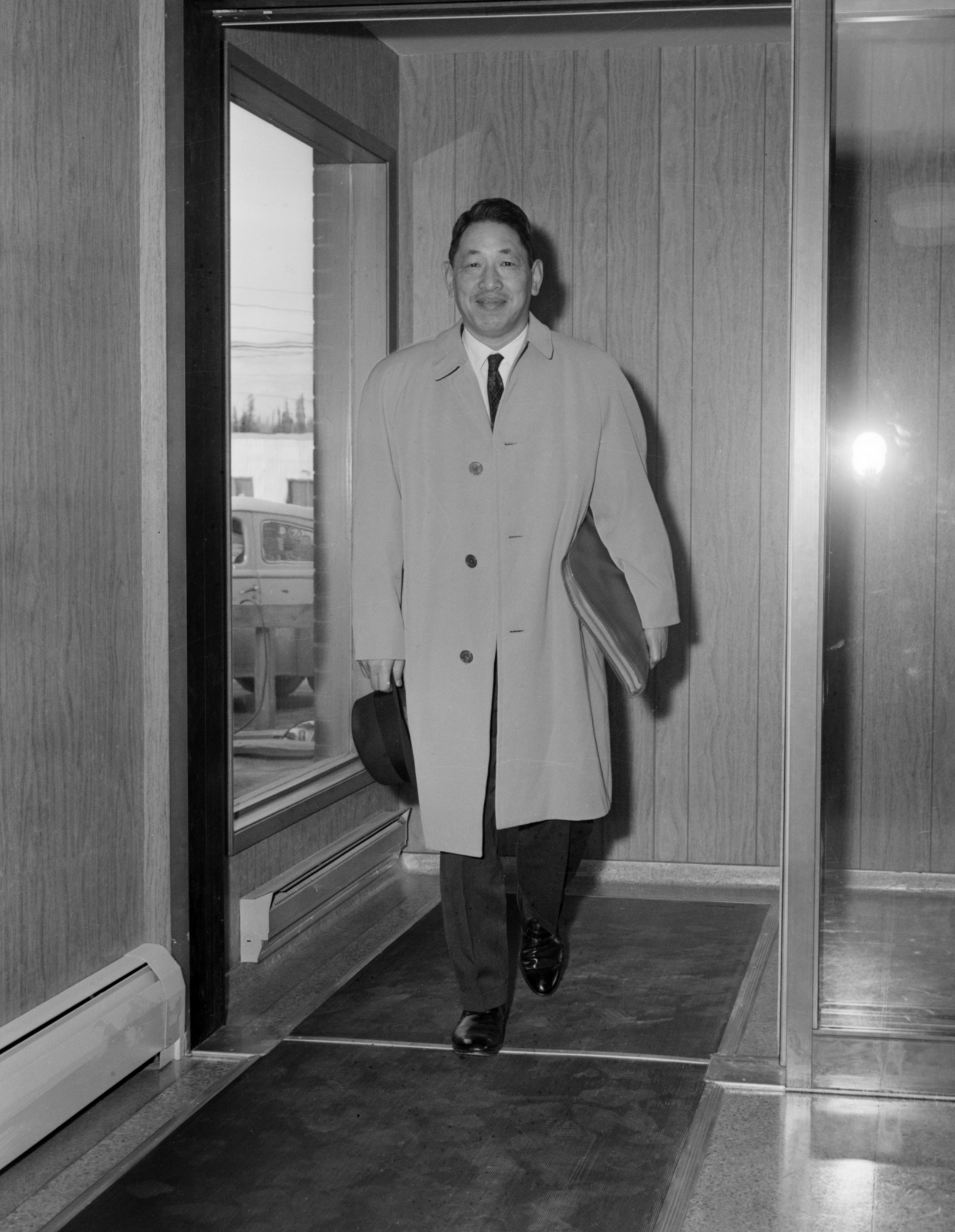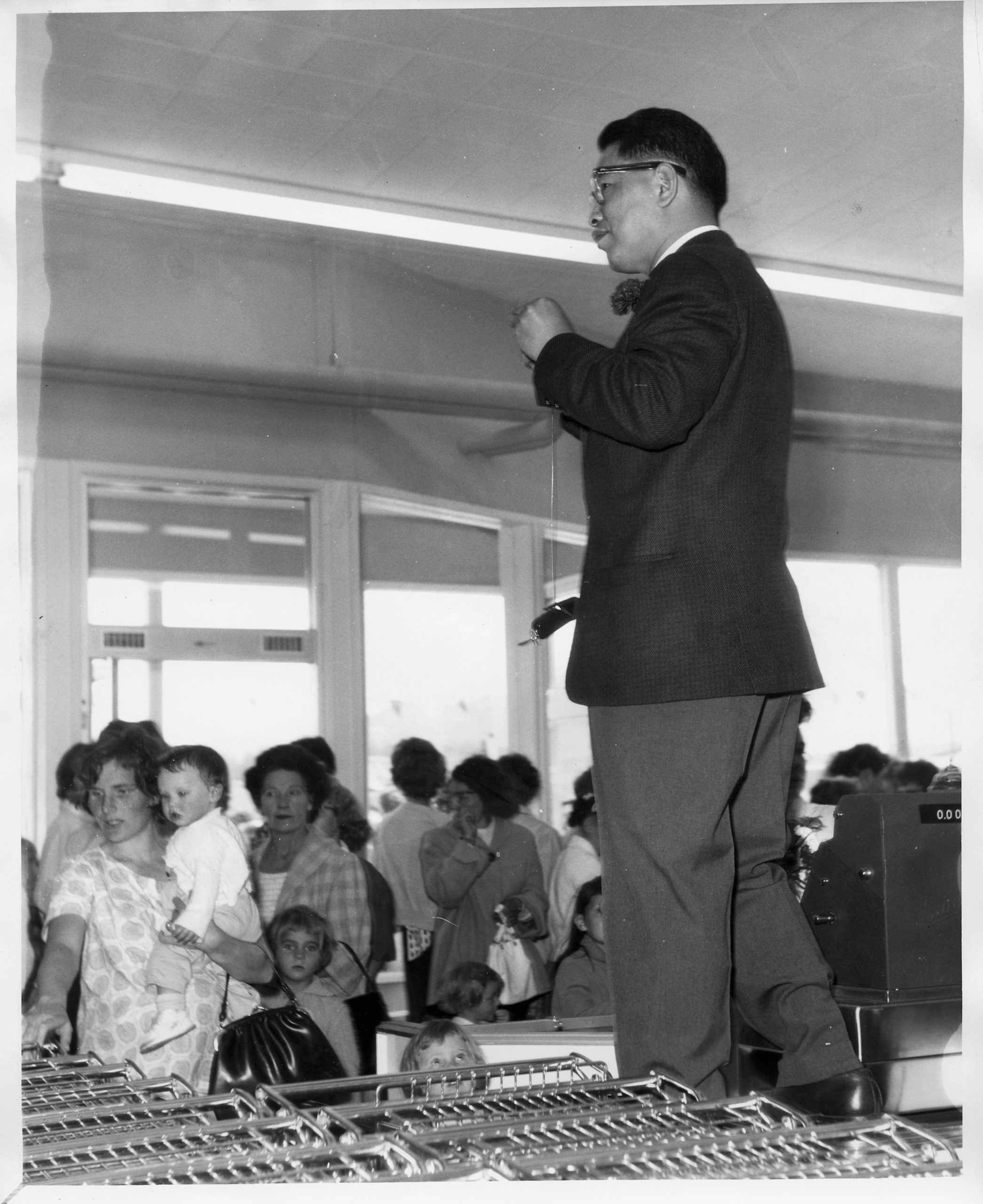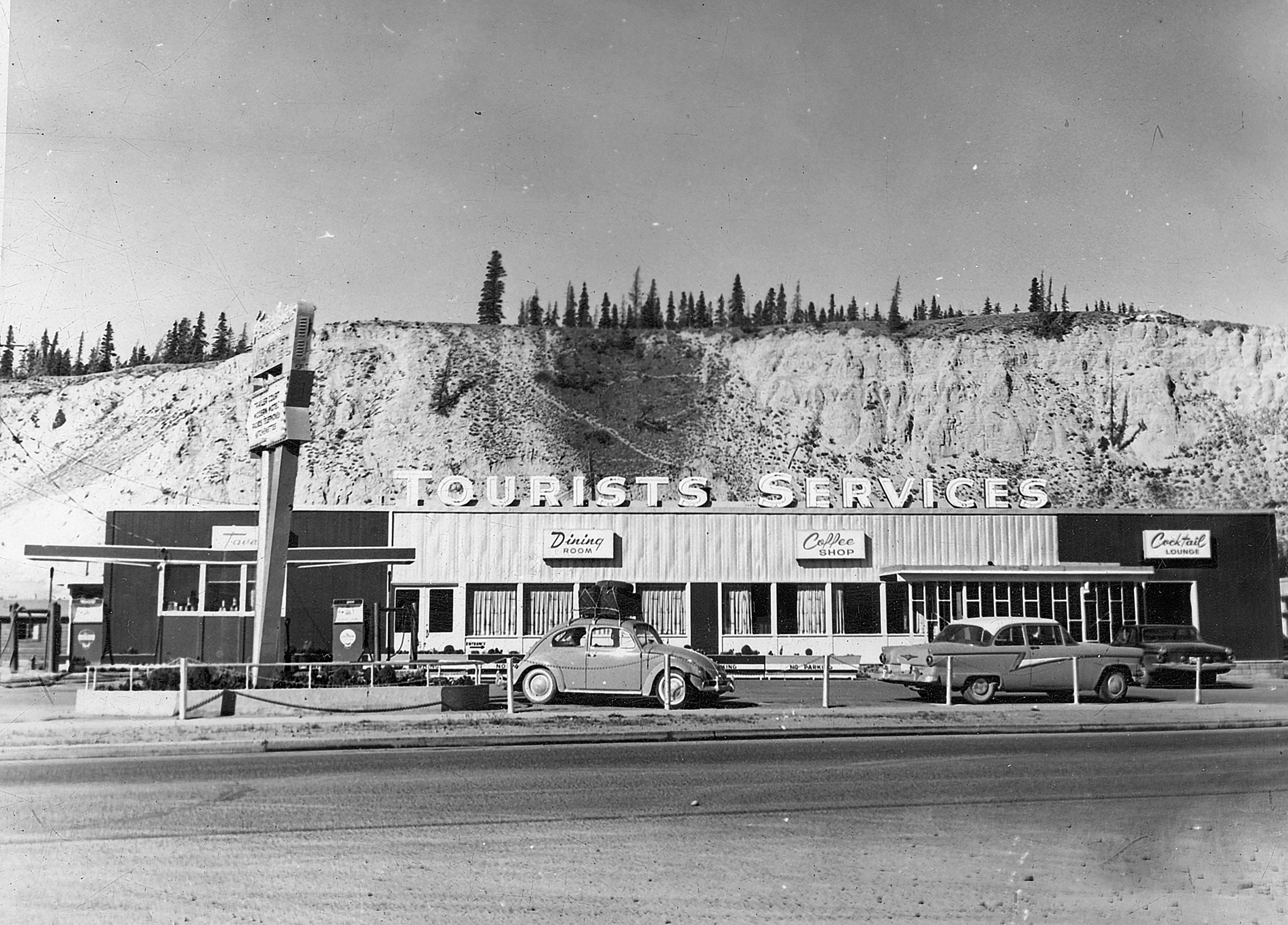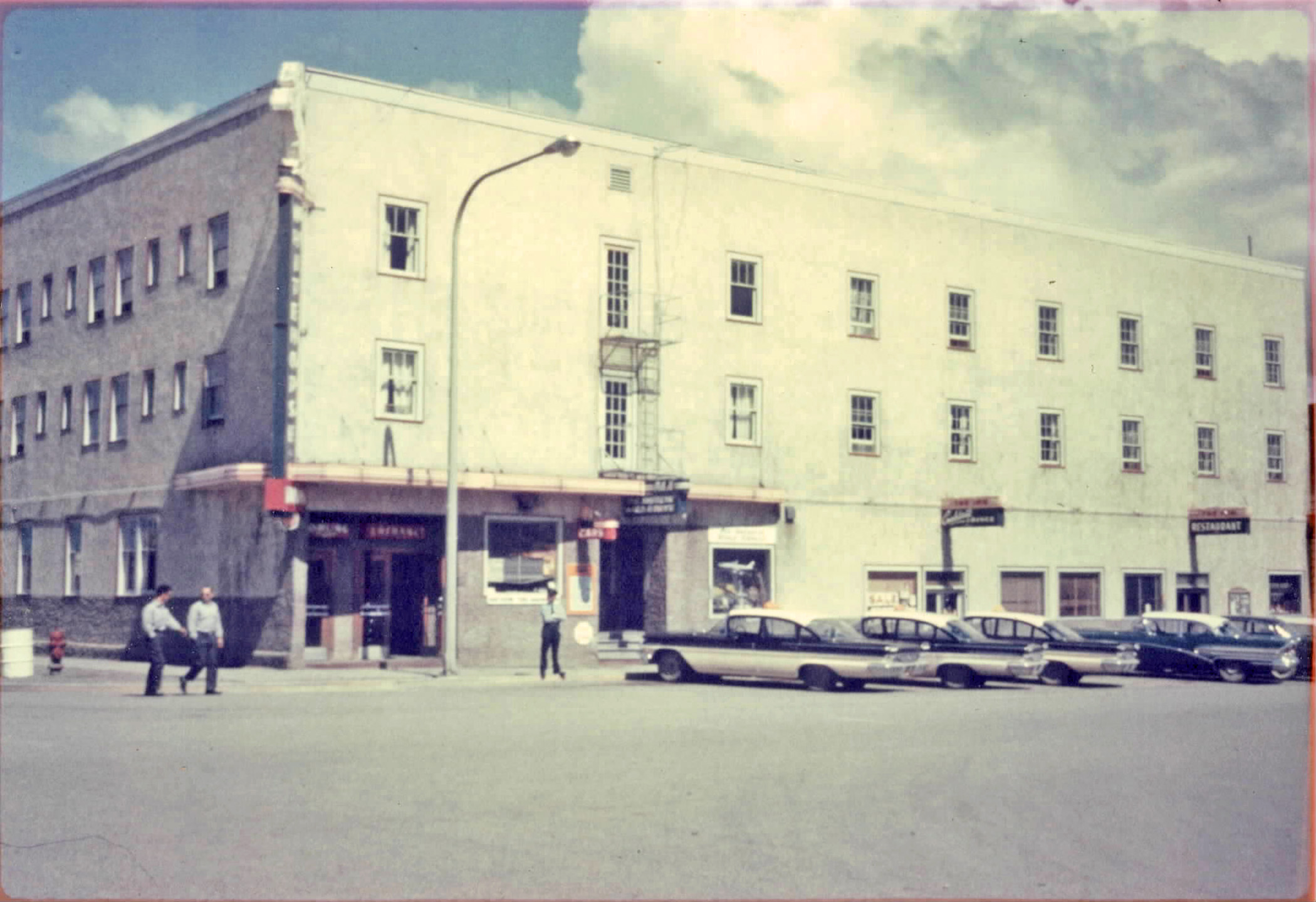Visionary Innovator
Bruce Sung
Family Foundations
Bruce’s father Lambert was a scholar and linguist in China during the tumultuous years of conflict and colonialism in the late 1800s. He immigrated to Canada in 1909 to start a new life in British Columbia. He married Elena Wong who was born in Victoria. Her family were importers of Asian foods.
Bruce’s parents resided in Vancouver. Lambert worked in the Chinese Consulate as a translator for the Chinese-Canadian community. Elena raised their children as a traditional wife and mother. Bruce was the eldest son of eight children. Together they worked hard to survive many tough times that included the Chinese Exclusion Act in the 1920s, the Depression years, hardships during WWII and overcoming widespread discrimination against Asians in BC.
Drive to Succeed
From an early age Bruce displayed vision, skills and drive to succeed in business. His first venture was catering for the US military in Prince Rupert, a point of embarkation for WWII troops in the Pacific. After that he operated Sung Pacific Holdings, building a supply chain to bring fresh vegetables from California to Vancouver. His gaze turned northward in the late 1940s when he established Columbia Caterers to supply food and operate mess halls for United Keno Hill Mines at Elsa and for Canadian Tungsten Mines near Watson Lake. He adopted a hands-on approach, often visiting the mess halls at the mines to ensure the delivery of quality foods.
Bruce relied on family and friends in the Vancouver Chinese community to staff key positions. Whitehorse was the hub of his Yukon operations and he added more businesses after it was named the territorial capital city in 1953. Bruce foresaw exceptional prospects in the boom years that followed, with rapid growth in tourism and mining. From the late 1940s through the 1970s he owned four businesses including Tourists’ Services, Northern Caterers, General Catering Services Ltd., and Dianne Hotels.




